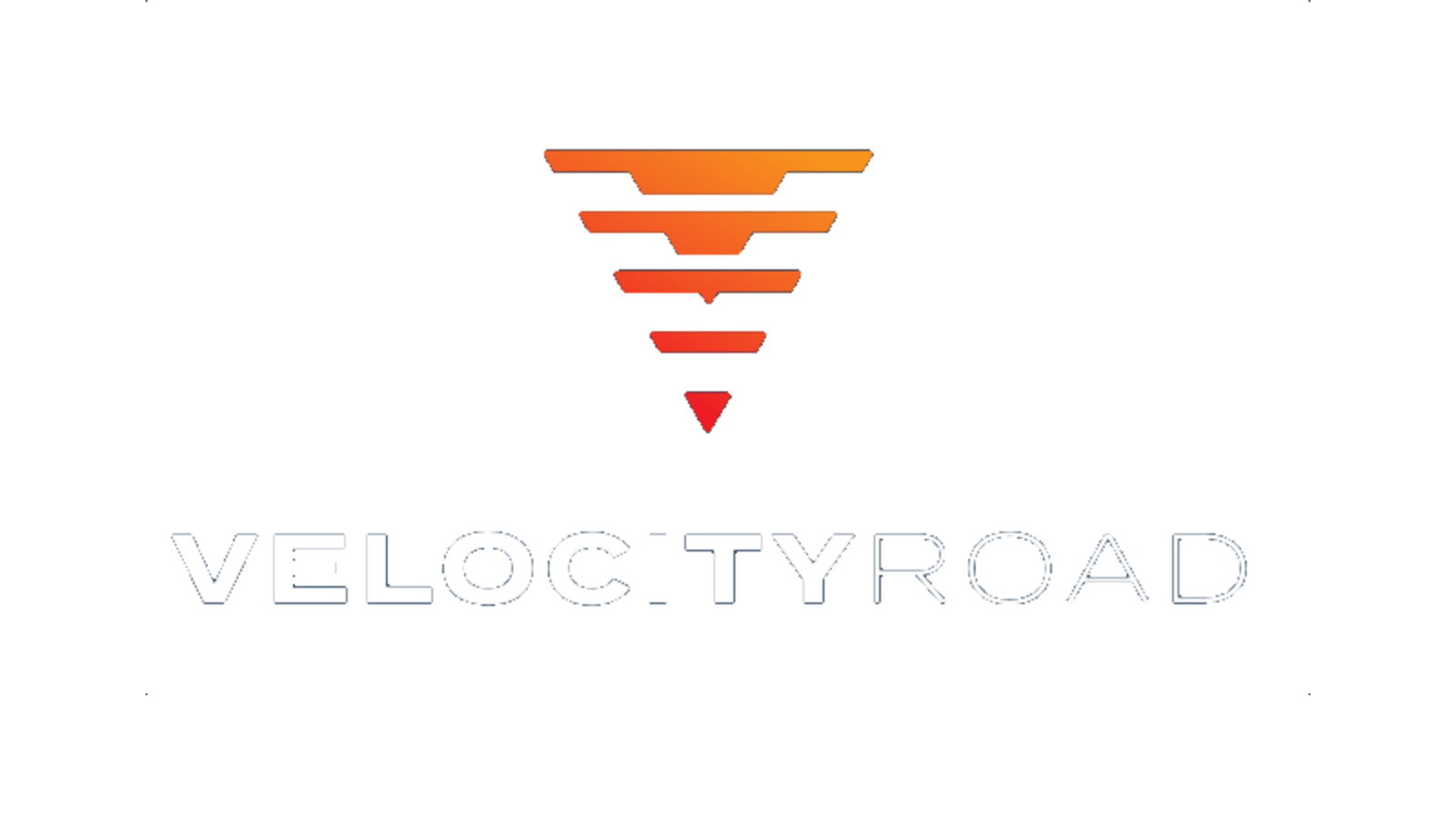AI Agents: A New Era for Private Equity Investments
With the rapid advancements in artificial intelligence, private equity investors are presented with new opportunities to enhance decision-making and drive value creation. AI agents are not just enhancing data analysis; they’re revolutionizing how investment strategies are formulated in private equity. This article presents insights into how AI agents are tailored to meet the unique needs of private equity firms, offering innovative approaches to investment management and due diligence.
Leveraging Data with AI Agents
The advent of AI agents in private equity is revolutionizing how vast datasets are leveraged to gain a competitive edge. By transforming raw data into actionable insights, AI agents are not just tools but strategic partners in the investment process. Key to this transformation is machine learning, a subset of AI that thrives on data-driven decision-making.
Machine learning algorithms excel at evaluating potential investments through pattern recognition and predictive analytics. These algorithms sift through enormous datasets to identify connections and trends that human analysts might overlook. For instance, they can analyze historical financial performance, industry benchmarks, and macroeconomic indicators to assess the potential of a target company. By identifying undervalued assets or predicting growth prospects, machine learning significantly enhances investment decision accuracy.
AI agents also play a crucial role in predicting market trends. By harnessing techniques such as natural language processing, these tools can analyze unstructured data from news articles, social media, and economic reports. This capability allows investors to anticipate shifts in market sentiment and respond swiftly to changes. A well-timed entry or exit from a position can maximize returns, and AI is instrumental in ensuring investors are one step ahead.
Portfolio performance sees substantial benefits from AI’s analytical prowess. Algorithms can continuously monitor portfolio companies’ performance against a set of metrics and benchmarks. They alert managers to potential risks, such as declining market positions or emerging competitor threats, enabling informed strategic pivots. Moreover, AI-driven optimization techniques suggest rebalancing strategies to improve returns while mitigating risks.
There are numerous examples where AI has successfully optimized investment decisions. A prominent case involved the use of machine learning to identify a small but growing niche market expanding rapidly due to regulatory changes. Traditional analysis methods missed this window of opportunity, but AI flagged the potential early, enabling timely investment. The returns significantly outperformed the broader market, highlighting AI’s capacity to unveil insights hidden in the data noise.
For more insights into utilizing AI in investment strategies, you might explore how AI tools are helping mid-market companies identify their best AI opportunities connect here. They illuminate how AI implementations can refine strategy formation in similar contexts.
AI agents continue to evolve, drawing from an ever-expanding repository of data. This evolution means that their insights become progressively sharper and more reliable, setting a new benchmark for making informed, data-backed investment decisions. As AI technology moves forward, so does the horizon of opportunities in private equity investments.
Enhancing Due Diligence with Automation
Artificial intelligence is revolutionizing the due diligence process in private equity investments. Traditional methods, often labor-intensive and prone to human error, are now being augmented by AI-driven automation. This transformation is delivering significant benefits in terms of accuracy, speed, and reduced costs, fundamentally altering the landscape of private equity.
AI agents excel at analyzing vast amounts of financial data swiftly and with a high degree of accuracy. They can parse financial reports, identifying trends and red flags that might elude human analysts. By leveraging machine learning algorithms, these agents improve over time, refining their capabilities to detect anomalies and predict future performance indicators with increasing precision. This evolution enhances decision-making processes, allowing investors to make informed choices backed by data-driven insights.
Risk assessment, a critical aspect of due diligence, sees marked improvement through AI intervention. These intelligent systems evaluate numerous risk factors, from market dynamics to geopolitical influences, integrating disparate data sources into a comprehensive risk profile. This holistic view enables private equity investors to quantify potential risks more accurately and devise effective mitigation strategies. Furthermore, AI models excel at adapting to new data, continually updating risk assessments to reflect the most current realities.
Compliance monitoring is another area where AI agents offer substantial advantages. Manual tracking of regulatory requirements is not only tedious but also susceptible to oversight. AI systems automate this process, ensuring consistent and precise compliance with all relevant laws and regulations. By swiftly adapting to regulatory changes, these agents minimize penalties and legal challenges, safeguarding an investment’s integrity.
One key aspect of automation is its ability to reduce the costs associated with due diligence. By automating repetitive tasks and processes, companies channel resources more effectively, reducing the need for extensive human manpower. AI agents execute due diligence processes more quickly, cutting down the time required to complete these evaluations. This accelerated pace not only lowers costs but also enables investors to respond swiftly to market opportunities, granting them a competitive edge.
As AI serves as a cornerstone for optimizing due diligence, it is essential to address the data quality that fuels these systems. Ensuring clean and reliable data inputs is critical for AI efficacy. For a deeper understanding of how to build AI-ready systems, visit this insightful resource here.
In conclusion, AI-driven automation is enhancing due diligence in private equity, delivering improved accuracy, faster processing, and cost efficiencies. By evaluating financial statements, assessing risks, and monitoring compliance with unparalleled precision, AI minimizes human error, propelling private equity into a new era of investment potential.
Final words
AI agents are not just a futuristic concept; they are real tools transforming the landscape of private equity investment. By leveraging comprehensive data analytics and automating intricate processes, AI empowers investors to make smarter, faster, and more informed decisions. As these technologies continue to evolve, the role of AI in private equity is expected to become even more integral, shaping the future of financial strategy and execution.
Ready to accelerate your AI journey? Velocity Road helps companies like yours navigate AI adoption with clear strategy and execution. Let’s talk about how we can drive impact together. Schedule a consultation today.
Learn more: http://www.velocityroad.wpenginepowered.com
About us
Velocity Road is a cutting-edge AI consulting firm specializing in enterprise transformation through strategic AI adoption and workflow automation. Our team helps mid-market and private equity-backed companies navigate the complexities of AI, optimizing operations, enhancing productivity, and driving measurable business impact. By integrating AI-powered solutions, developing custom automation agents, and delivering tailored training programs, we ensure organizations unlock the full potential of artificial intelligence. Whether streamlining processes, identifying high-value AI use cases, or building scalable AI roadmaps, Velocity Road provides the expertise and strategic guidance needed to stay competitive in an increasingly AI-driven world.




